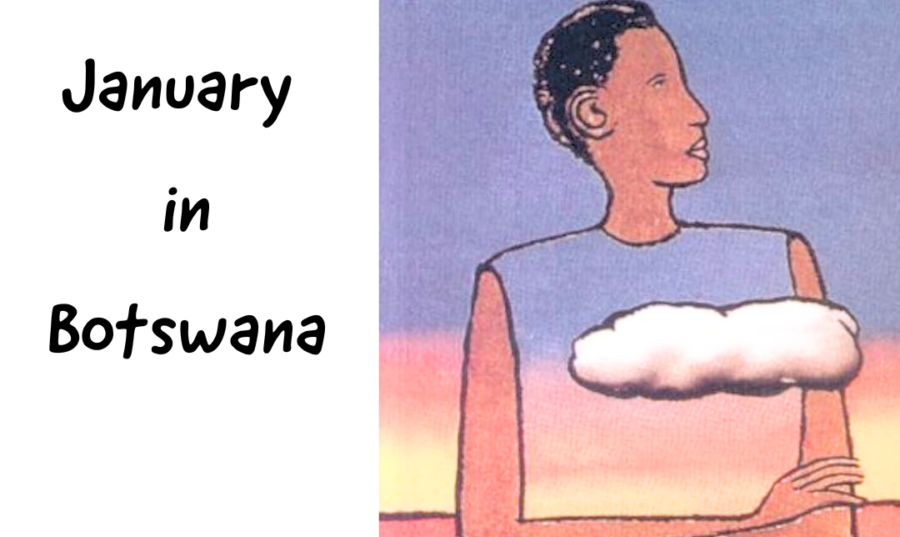I have always loved reading Russian authors for their ability to delve deep into the psyche of life. I had never heard of Gaito Gazdanov before I got “The Beggar and Other Stories” from NetGalley and Pushkin Press (one of my favourite publishers now). Thank you for sending me the ARC for a review.
“The Beggar and Other Stories” is a collection of six vivid stories, each featuring one prominent character. The book opens with the story of “Maitre Rueil” in which the titular character is a spy. In the beginning, it appears like he has everything a man could ask for – prestige, women, and adventure. But then one day, suddenly and inexplicably, he is seized with “a sensation hitherto unknown to him, one of incomprehensible irritation and utterly inexplicable alarm. No one was there to see him off…” From there, we see the melancholic descent of a seemingly perfect man into one haunted by his past.
“Happiness” explores the touching bond between Dorin and his son Andre, which is disturbed when a stepmother, Madeleine, comes into the picture. The template might be old but Gazdanov’s treatment of it is certainly different.
In “Deliverance” Alexei Stepanovich comes into a lot of money but feels that his “omnipotent wealth” is just senseless and he “realized all the unbreakable horror of his life.”
“The Mistake” has overtones of Anna Karenina and features Katja, a bored housewife married to a kind man. But his “infallibility began to unnerve her sometimes – as if he were not a man, but a perfect, thinking machine.” Katja is tormented by an affair that she has with a younger man, and we see how her personality undergoes a sea change making her an insufferable person.
“The Beggar” is the glittering star in the collection. We meet Gustave Verdier, once a wealthy man, now a beggar who lives in a crate in Paris, in Champs Elysee. This ironically translates to Elysium Fields, the place where you find perfect happiness according to Greek mythology. Verdier is disillusioned with life and his wealth, and he decides to make himself disappear from his perfectly normal life, and live like a beggar.
Lastly, there is “Ivanov’s Letters”, where we meet Nikolai Franzevich who “seemingly” is a man of letters, cultured, and wealthy. He had few friends and they too don’t seem to know much about him. But the mystery begins to unravel and we are prompted to think about his very existence.
Clearly, the biggest theme that runs through all the stories is disillusionment with life. A numbing that overtakes the characters rendering them heavily lugubrious and spiritless. The motif of blindness (Dorin goes blind, Verdier listens to a blind boy play the accordion) is peppered throughout to, perhaps, reinforce the characters’ closing their eyes to life.
My personal favourites are “The Mistake” and “The Beggar”, the former for its Tolstoy-esque feel and the latter because there were long passages that just stood out like stars on a dark night.
“He was free now – because nobody needed him; he had no belongings, no money, no ability to influence anything anywhere, no ability to help or harm anyone in any way, in a word, nothing…”
How can you resist passages like this?
Although Gazdanov’s exploration of the human mind and life is not as incisive or destructive or shot through with passion like that of Tolstoy or Dostoyevsky it certainly gives us a look at modern life. Where the earlier Russian masters focused on intense emotions and feelings, most of Gazdanov’s characters are anaesthetized. This pervasive dullness is what infuses most of the stories with reality, holding up a mirror to modern life.
“…the majority of people feel constrained by those conditions that determine their existence. Their soul, their intellect demand something else, as though each of them needs to live several lives, and not just one.”
Bryan Karetnyk’s brilliant and seamless translation of Gazdanov’s stories preserves their soul. Unlike the people in his stories who have lost theirs.



